Browse by Category
search the site
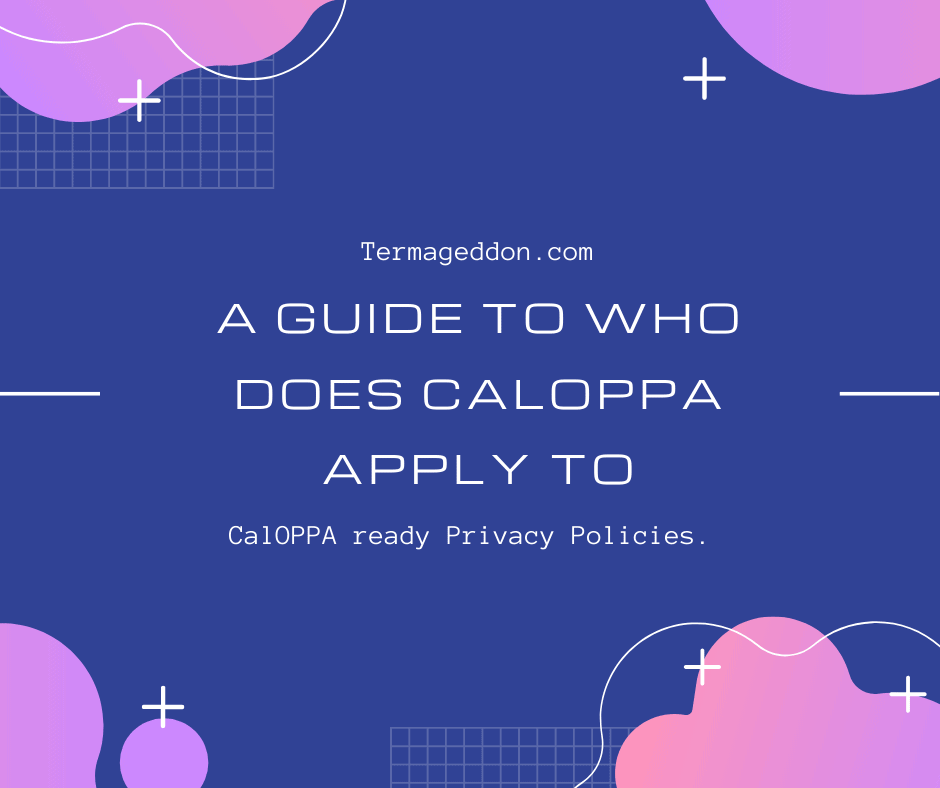
A guide to who does CalOPPA apply to
In 2004, the California Online Privacy Protection Act (“CalOPPA”) went into effect. With the passage of CalOPPA, California was the first state to require an online business to post a Privacy Policy. …
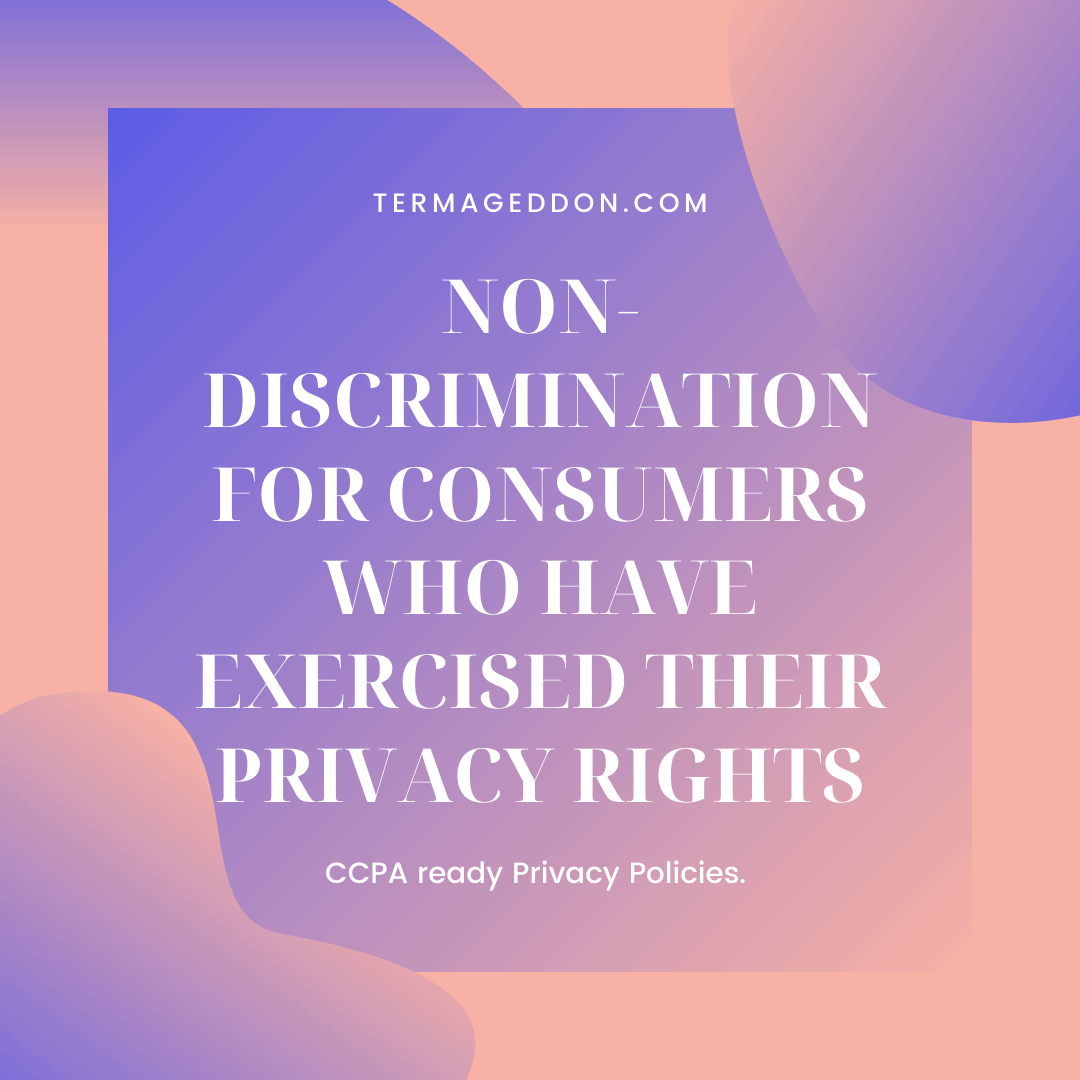
CCPA: non-discrimination for consumers who have exercised their privacy rights
The CCPA: California Consumer Privacy Act provides California consumers with a number of rights pertaining to their personally identifiable information (PII). These rights allow consumers to request disclosures pertaining to what PII …
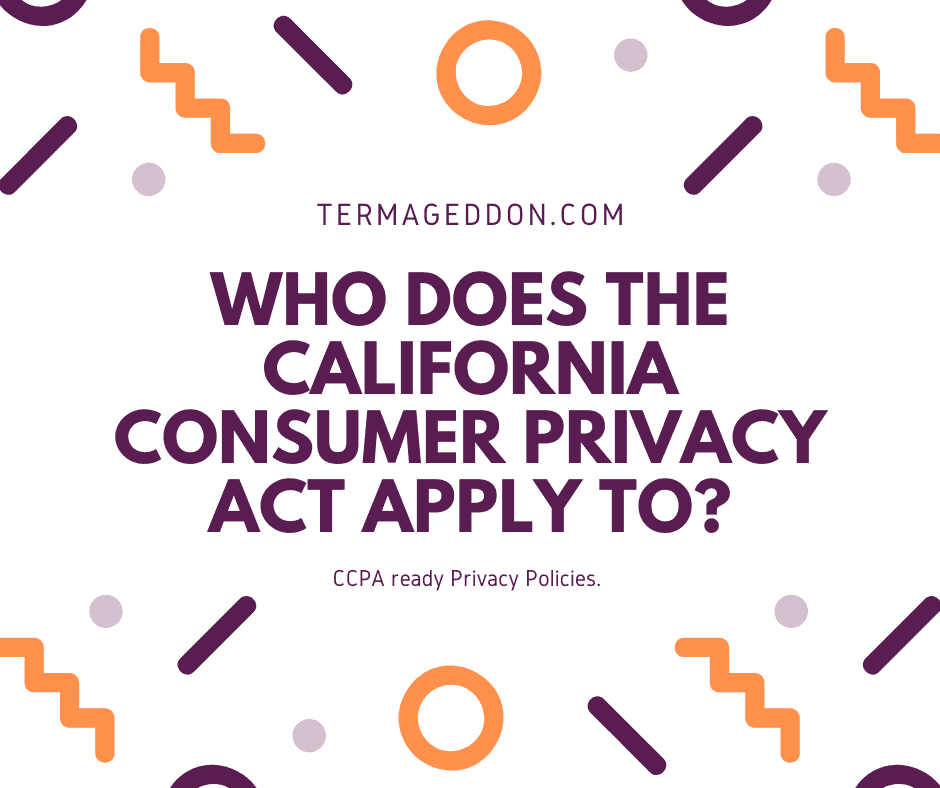
Who does the CCPA apply to?
The CCPA: California Consumer Privacy Act requires certain businesses to make a number of rights available for consumers, including providing consumers with the ability to opt-out of the sale of their personally …

PIPEDA fair information principles
The Personal Information Protection and Electronic Documents Act (PIPEDA) is a privacy law that protects the personal information of Canadians. PIPEDA achieves this goal by requiring certain websites to have a Privacy …

CCPA Privacy Policy requirements
Privacy policies serve a number of different functions. For businesses, Privacy Policies provide an opportunity to directly communicate its privacy practices to consumers. Pertinent information in the policies, such as who may …
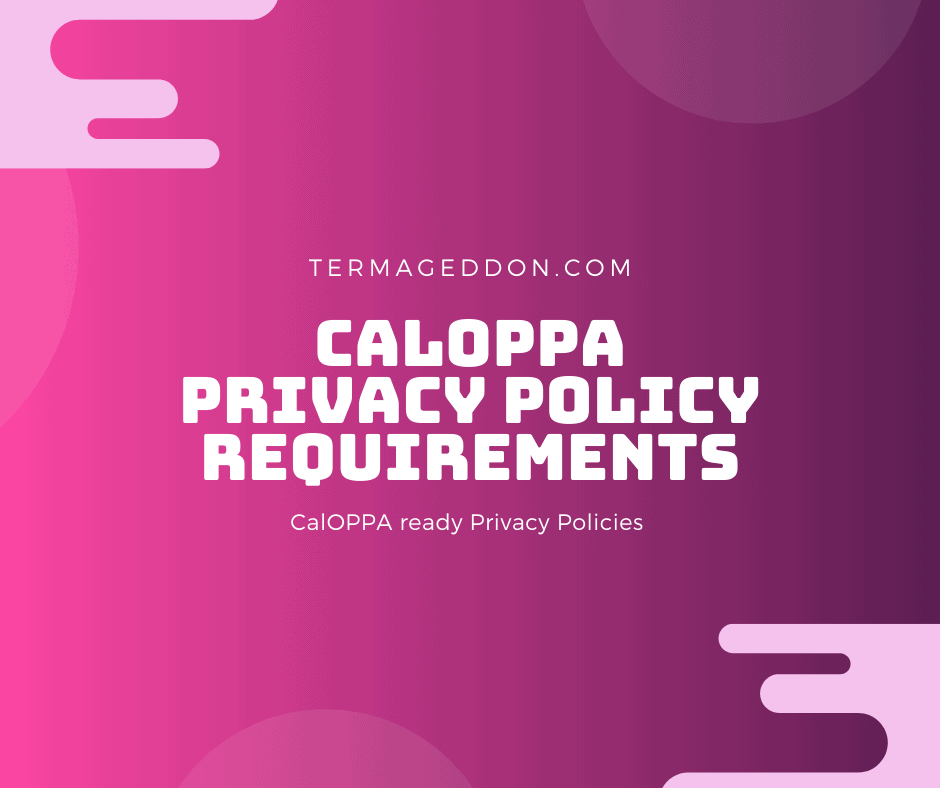
CalOPPA Privacy Policy requirements
In 2004, California became the first state in the nation to require posting a Privacy Policy when it passed the California Online Privacy Protection Act (“CalOPPA”). In 2014, California updated CalOPPA to …
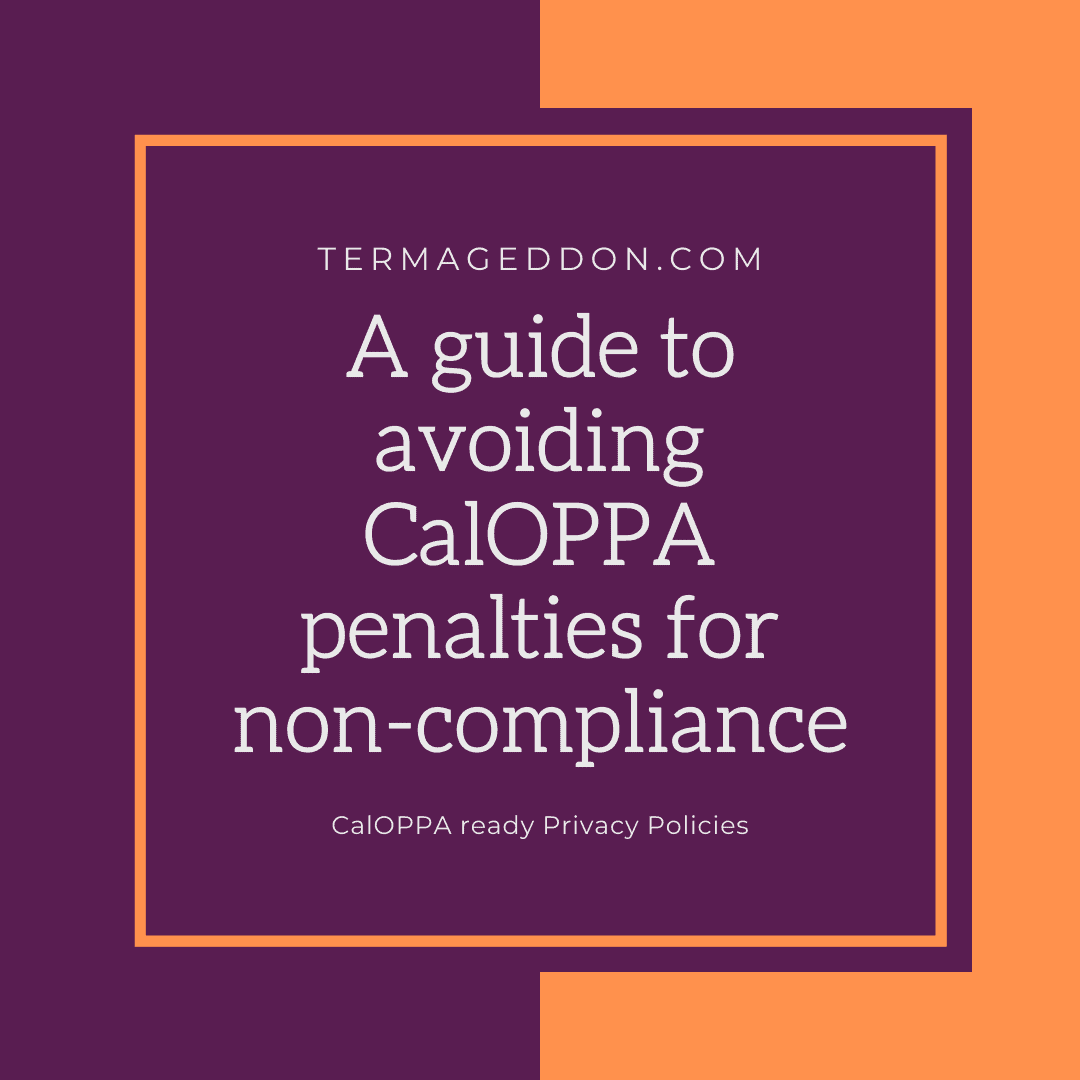
A guide to avoiding CalOPPA penalties for non-compliance
In 2004, California passed the California Online Privacy Protection Act (“CalOPPA”) to require websites to post a Privacy Policy. In 2014, California updated the law to require those Privacy Policies to contain …

What it means to be selling personal information under the CCPA
*Note: Since the writing of this blog, CCPA has been replaced by CPRA. The California Consumer Privacy Act (“CCPA”) has been enforced by the California Attorney General since July 1st, 2020. Until …

PIPEDA compliance guide
The Personal Information Protection and Electronic Documents Act (PIPEDA) is a privacy law that was enacted to protect the privacy rights of Canadians. PIPEDA achieves this goal by providing Canadians with rights …
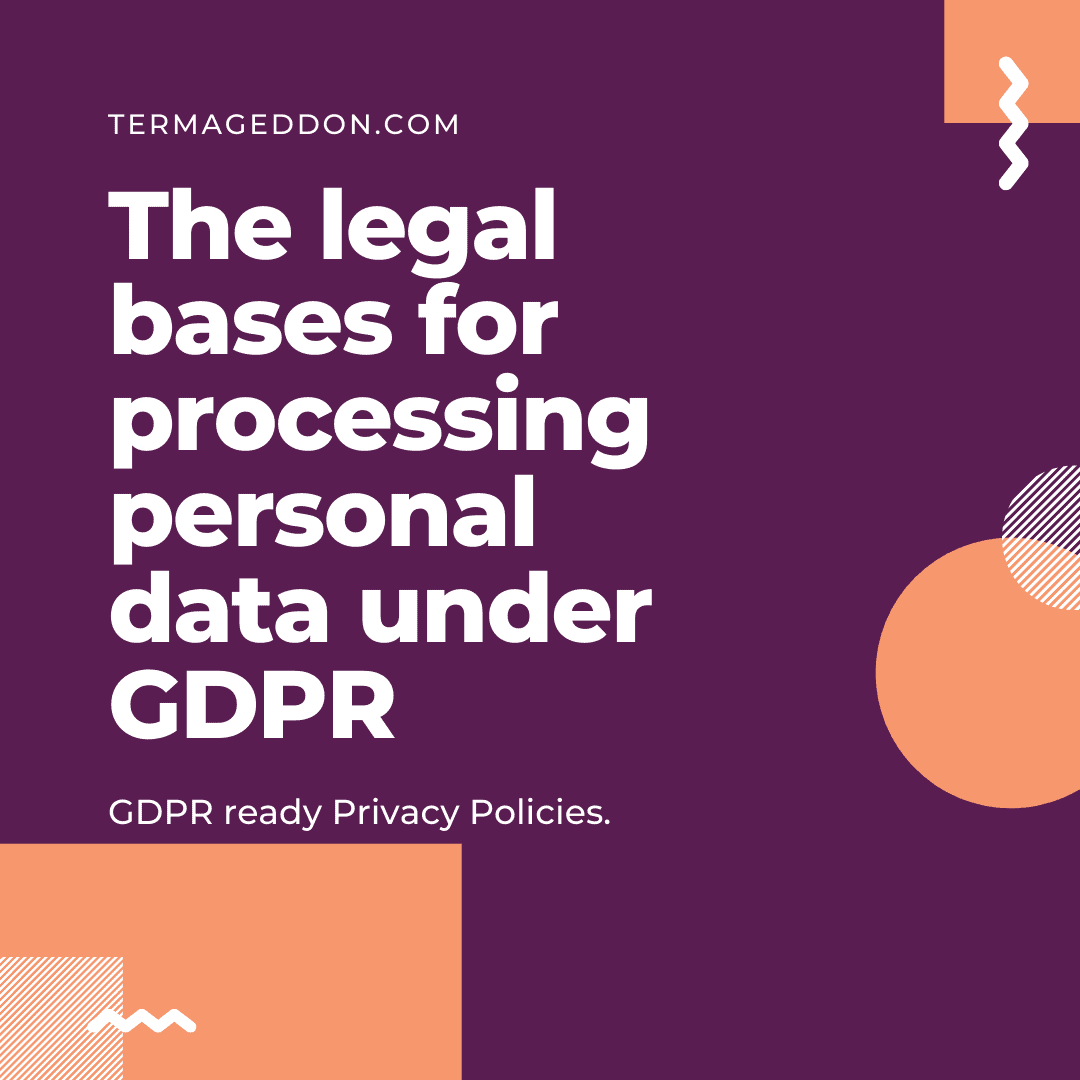
The legal bases for processing personal data under GDPR
The General Data Protection Regulation (GDPR) is arguably one of the most comprehensive and heavily enforced privacy laws in the world. GDPR went into effect on May 25, 2018 and aims to …

General Data Protection Regulation (GDPR) compliance guide
The General Data Protection Regulation (GDPR) is a privacy law that went into effect on May 25, 2018, with the goal of protecting the personal data of residents of the European Union. …

Australia Privacy Act 1988 Guide
The Australia Privacy Act 1988 is a privacy law that was enacted to protect the personal information and privacy rights of Australians online. This law requires certain websites to have a Privacy …
